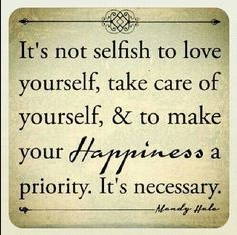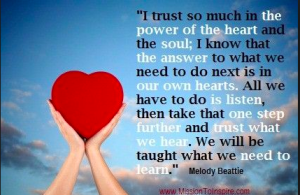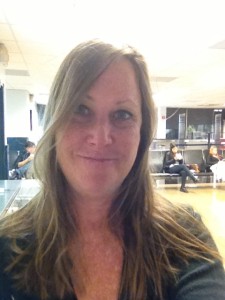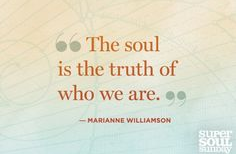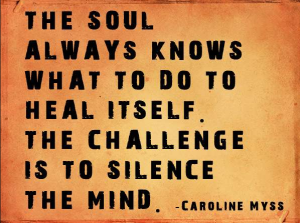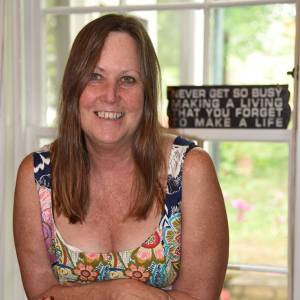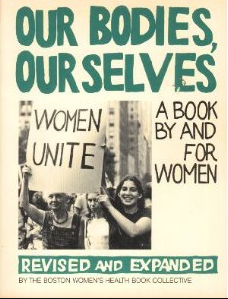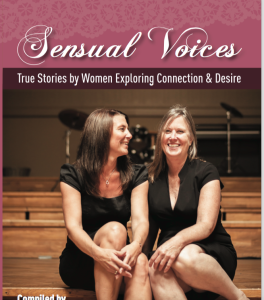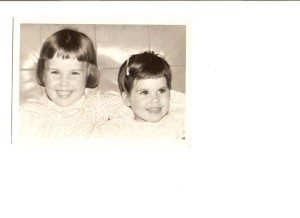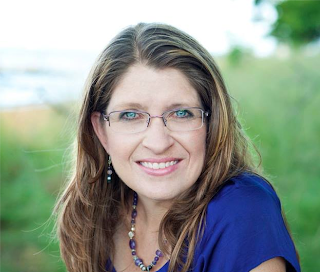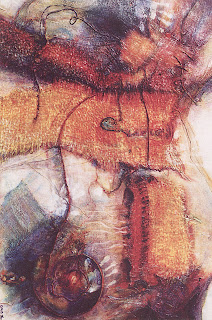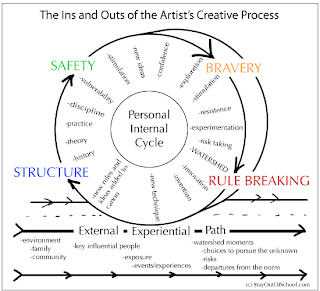Co-dependency: A Daily Practice in Mindfulness
Day 40 of 100 days of Blogging
Co-dependency.
“I know when to say no and when to say yes. I take responsibility for my choices. The victim? She went somewhere else. The only one who can truly victimize me is myself, and 99 percent of the time I choose to do that no more. But I need to continue to remember the key principles: boundaries, letting go, forgiveness after feeling my feelings—not before, self-expression, loving others but loving myself, too.”
~Melody Beattie, Codependent No More: How to Stop Controlling Others and Start Caring for Yourself.
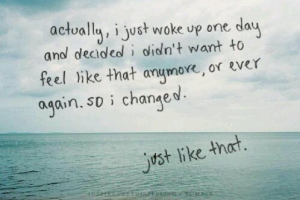 When Melody Beattie’s Book: Codependent No More: How to Stop Controlling Others and Start Caring for Yourself was published in September 1986, I was in a marriage with an alcoholic husband. We had two young daughters, I was attending a weekly Al-Anon meeting and working with a therapist to uncover and make visible generations of alcoholism. Thank God I had Al-Anon and one friend or I don’t know what I would have done.
When Melody Beattie’s Book: Codependent No More: How to Stop Controlling Others and Start Caring for Yourself was published in September 1986, I was in a marriage with an alcoholic husband. We had two young daughters, I was attending a weekly Al-Anon meeting and working with a therapist to uncover and make visible generations of alcoholism. Thank God I had Al-Anon and one friend or I don’t know what I would have done.
When I started to talk about co-dependency and alcoholism in my family and my husband’s family, no one wanted to talk about it and they seriously thought there was something wrong with me. I even noticed that the priest at our church seemed to be drunk during the Sunday service and he rambled on and on about things that didn’t make sense in his sermons. When I mentioned this to my husband, he said that I thought everyone was an alcoholic. It felt like that! (FYI: The priest wrote a letter of amends to the parishioners, six months later, from an addiction treatment center.)
At the darkest point of the codependency with my husband, I convinced myself that I must be an alcoholic. I told a family member that I felt I was dying in this relationship. Her response was, “You made your bed, now lie in it.” A few weeks later, I went to two of the company parties sponsored by my job and I got drunk at both of them. Finally! I got to be the irresponsible, “just here to have a good time” person. I know I had too much to drink to drive home and I thank God I arrived home safe and didn’t hurt anyone. With that one incident, I convinced myself that I must be an alcoholic and I did 90 days of AA to “get sober.”
The truth is I was desperate. Even though I rarely drank and I never got drunk, I had reached the bottom. I could not figure out what else I could do to get him to see the alcoholism and the destruction of our marriage. We had two small daughters. Nothing I did had made a difference in our marriage, including converting to my husband’s Catholicism faith to encourage him to go to church with us. Al-Anon, therapy to understand the family dynamics, praying, meditating, numerous self-help books, including the Dance of Anger and Dance of Intimacy had done nothing to inspire him to change. My final desperate move was to convince myself that two drunken moments meant I was an alcoholic. The truth is I am not an alcoholic and doing a 90 day program would not get my husband, grandfather, father or brother sober. I am a recovering “people pleasing, codependent person” and now my life involves awareness and daily mindfulness to keep untangling that deep conditioning.
One day at a time. One moment at a time.
Thirty years later, my Dad and brother have both been sober for eight years now and I recently noticed someone in my family had a copy of, “Co-dependent No More by Melody Beattie,” on the kitchen counter. She had just discovered it and is waking up now to the possibility of a codependency pattern.
Sometimes it is discouraging to be the first person to see the dysfunction in the family and to walk that path of awareness alone. There are times when I still see it around me and it is so painful to witness. I can’t fix it. Sometimes I can’t even put a voice to it because the person is unaware and they are not ready or willing to have a conversation about it.
My biggest challenge is seeing the essence of people and seeing who they are under all of the stories and lies and facades. Then seeing they are not living or making decisions from that place. And when they are interacting and I see the enabling and codependency, I just want to scream or go to bed and pull my covers over my head. It is so painful to be around it and not engage it.
I know it feels judgmental sometimes and underneath it is a deeper truth. I care deeply and I want everyone to cut the crap and wake up and live from their essence. At one point, my life had become unmanageable and someone was there to help me and I want to help. It is discouraging because most of the time I can’t.
So this is what I do now. When I notice the codependency and enabling pattern, I remind myself of these things:
*Focus on and develop more compassion for myself and others.
*Collect data and determine when I need to take action and when I need to step away from a situation or sit in discomfortable feelings.
*I am not responsible for anyone’s process and recovery.
*Even in a conscious community, we are all going to be waking up to different things at different times.
*Life is an ongoing series of waking up to new awareness. There are areas of my life where I am still asleep. I will wake up when I am ready, too.
To break my own codependency when I notice it, I use a mantra like, Ho’oponopono, an ancient Hawaiian healing technique:
“I’m sorry.
Please forgive me.
I love you.
Thank you.”
I repeat it over and over until I feel calm in my body.
Or I think the words, “I love you. I love you. I love you. I love you…”
I have learned that timing and patience and living a full life myself is the answer. Be the change means exactly that. Change my own codependency and live from a place of love with boundaries.
I wonder. Do you feel you are codependent? If inspired, share some of the tools and reminders you use by posting in the comments.
I love you.
**********
Andrea Hylen believes in the power of our voice to usher in a new world. She is the founder of Heal My Voice, an organization that inspires women and men to heal a story, reclaim personal power and step into greater leadership. Andrea discovered her unique gifts while parenting three daughters and learning to live life fully after the deaths of her brother, son and husband. In addition to serving as Heal My Voice’s Executive Director, Andrea is an Orgasmic Meditation Teacher and Sexuality Coach.
She is following her intuition as she collaborates with women and men in organizations and travels around the world speaking, teaching and leading workshops. Her passion is authentically living life and supporting others in doing the same. To connect with Andrea and learn about current projects go to: www.andreahylen.com and www.healmyvoice.org.

